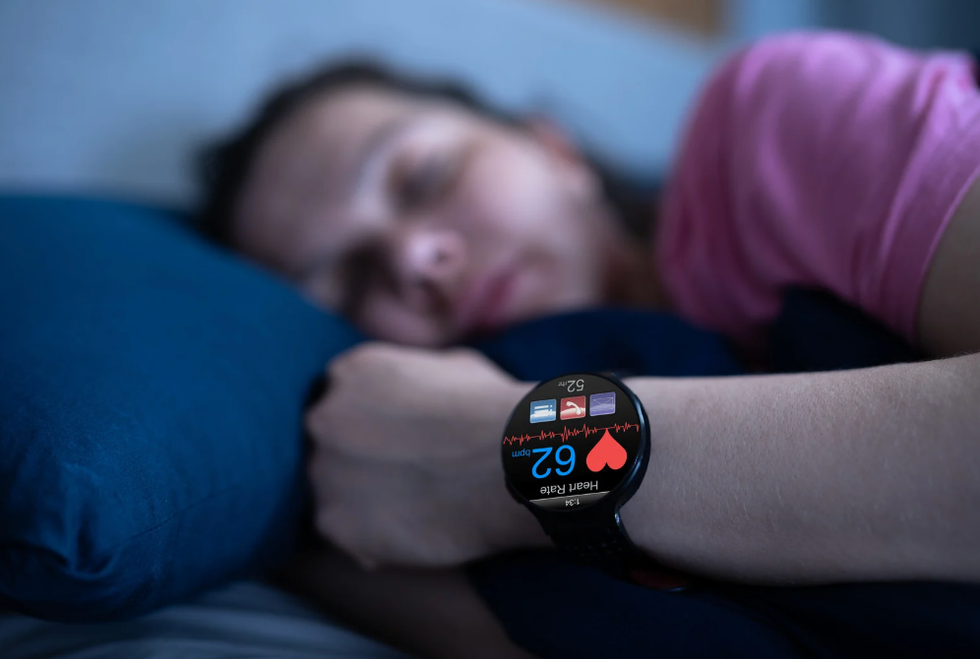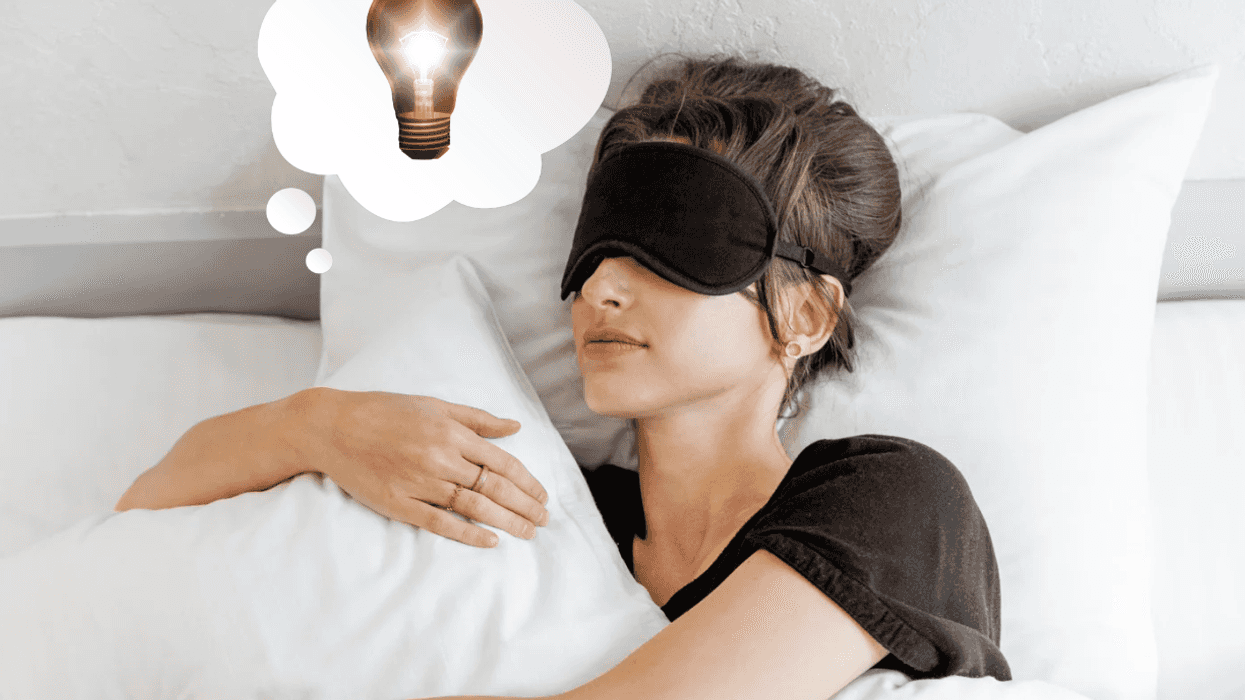Sapienza University of Rome in Italy has created a game changer in medicine. They have developed a way for patients of cancer surgery to go home early and recover in comfort while freeing up hospital beds for other patients. All they have to do is wear a t-shirt.
In a pilot study involving 70 patients, a new t-shirt that measures and keeps track of vital signs is showing promise as it has reportedly provided more feelings of comfort and safety among patients compared to the control group that recovered without wearable tech. Professor Antonio Pastore wanted to see if patients from robot-assisted urological cancer surgery would be discharged earlier than normal thanks to the garment, and it’s been successful so far.

The control group in the study experienced the typical recovery of the operation, staying under observation in the hospital for two to five days to recover and have their vitals monitored. The other group was discharged earlier, but was told to wear a t-shirt made from LET’s Wearable Solutions that would monitor their vital signs such as ECG, heart rate, blood pressure, blood glucose, and body temperature among others.
This allowed patients to recover comfortably at home while wearing the shirt under their clothes in three-hour blocks for two weeks, from 7:00 AM to 10:00 am, 2:00 PM to 5:00 PM, and 7:00 PM to 10:00 PM. The data collected would be sent to an app and software that their physicians could access, and offered information that other smart wearable devices don’t collect.

"It can reveal more data, including electrolytes, which we need to continue to monitor after bladder surgery as they can reveal mineral imbalances that lead to serious complications,” Pastore told CBS 19 News. “Our patients found the t-shirt easy to use and over 90% reported it allowed them to feel safe and cared for while recuperating at home.”
In the study, eight participants who weren’t given a t-shirt had to report to the hospital before their scheduled follow-up compared to the two that were given a shirt. Along with successfully monitoring the patients, the t-shirt also detected the onset of cardiological conditions in five patients, which allowed them to get early preventative treatment that may have otherwise gone unnoticed.
While this trial run shows promise, further testing needs to be done to cement their findings along with determining the cost effectiveness of mass production of these shirts to distribute to hospitals.
This t-shirt is just the latest in a movement to create more and more wearable tech as a means of monitoring a person’s health and tracking their improvement between doctor appointments. Many diabetics wear CGM (Continuous Glucose Monitoring) devices with smart phone apps to monitor their blood sugar levels throughout the day and between meals. There are also various watches and wrist bands that can monitor a person’s blood pressure, sleep, heart rate, and other such vitals throughout each day to report to their doctor.

While this technology can certainly be helpful in preventative healthcare and for patients to see if certain medications are working between doctor visits, some of this tech is still costly and may not be fully covered by insurance depending on your provider. That said, these are great tools that can empower patients and give them personal accountability in their care, but it is still highly recommended not to have such technology replace a doctor or doctor visits.
As technology advances, it is still important for patients and doctors to engage with one another to ensure that the best treatment is given and received.




















 Oral Wegovy pills were approved by the Food and Drug Administration in December 2025 and became available for purchase in the U.S. in January 2026.
Oral Wegovy pills were approved by the Food and Drug Administration in December 2025 and became available for purchase in the U.S. in January 2026. Despite the effectiveness of GLP-1 drugs for weight loss, there is still no replacement for healthy lifestyle patterns, including regular exercise.
Despite the effectiveness of GLP-1 drugs for weight loss, there is still no replacement for healthy lifestyle patterns, including regular exercise.


 What foods would you pick without diet culture telling you what to do?
What foods would you pick without diet culture telling you what to do?  Flexibility can help you adapt to – and enjoy – different food situations.
Flexibility can help you adapt to – and enjoy – different food situations.
 Anxious young woman in the rain.Photo credit
Anxious young woman in the rain.Photo credit  Woman takes notes.Photo credit
Woman takes notes.Photo credit 
 Revenge can feel easier than forgiveness, which often brings sadness or anxiety.
Revenge can feel easier than forgiveness, which often brings sadness or anxiety.